Service hotline
+86 0755-83975897
 en
en Release date:2025-02-20Author source:KinghelmViews:962
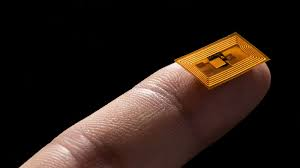
NFC is a short-range wireless communication technology that facilitates data transfer between devices when they are brought into close proximity. In the medical field, NFC plays a crucial role in enhancing communication efficiency of medical devices, accurately identifying patient identities, and securely transmitting health data.
1. Patient Identity Recognition and Authentication: NFC technology provides a robust solution for accurate and secure patient identity recognition. Medical institutions can create electronic medical records for patients on NFC tags or cards, storing vital information such as medical history, allergies, and current medications. When patients seek medical attention, NFC-compatible devices can quickly access this information, ensuring correct diagnosis and treatment. This not only enhances medical safety but also streamlines registration processes, reducing operational costs for healthcare facilities.
2. Medication Management: NFC technology innovates medication management by enabling tracking of patient medication usage through smart drug packaging equipped with NFC tags. It monitors adherence to prescriptions and provides real-time data on patient medication status. Patients can use NFC-enabled devices to access information about prescribed medications, including dosage instructions and potential side effects. This technology helps prevent medication errors and improves overall patient understanding of treatment plans.
3. Medical Device Connectivity: NFC simplifies seamless connectivity among various medical devices used for monitoring patient conditions and collecting health data in hospitals. For instance, NFC wearable devices worn by patients can transmit real-time health data to monitoring stations, enabling timely informed decisions by medical personnel. NFC connectivity also facilitates calibration and updates of medical equipment wirelessly, ensuring they are always equipped with the latest features and security patches.
4. Access Control and Information Security: Data security is crucial in healthcare services, and NFC technology significantly enhances management of information access permissions and data security. NFC cards or badges serve as secure identity credentials for medical staff, managing their access to sensitive patient information and medical records. This prevents unauthorized access, safeguards patient privacy, and maintains integrity of medical data. Additionally, NFC technology integrated into mobile devices allows secure encrypted access to patient information, preventing data breaches and unauthorized access.
5. Contactless Payment Of Medical Fees: Contactless payment solutions facilitated by NFC technology are becoming commonplace across various industries, including healthcare. Patients can use NFC payment cards or mobile devices to tap on payment terminals for settling medical service fees or registration charges. This simplifies payment processes, reduces risks associated with carrying cash or physical cards, and improves hygiene and efficiency of financial transactions in healthcare environments.
6. Patient Engagement and Health Monitoring: NFC technology plays a crucial role in tracking patient engagement in health management activities and monitoring health status. NFC wearable devices track patient activity levels, monitor vital signs, and transmit data in real-time to healthcare institutions. This proactive approach to patient health monitoring allows doctors to detect potential health issues early and take timely intervention measures. Moreover, patients can use NFC devices for appointment scheduling, access educational materials, and receive personalized health management advice, enhancing their active participation in healthcare management.
NFC technology has the potential to fundamentally transform healthcare applications, improving treatment outcomes and efficiency for patients, and advancing the overall development of healthcare systems. From enhancing patient identity recognition security to streamlining medication management and innovating patient engagement strategies, NFC provides a versatile platform for healthcare innovation. As technology continues to evolve, the widespread adoption of NFC in healthcare promises to further enhance clinical outcomes based on patient-reported data and service delivery. With careful consideration of security measures and industry standards, NFC technology is poised to play a transformative role in shaping the future of the healthcare industry.
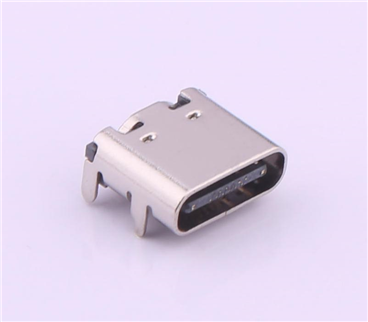
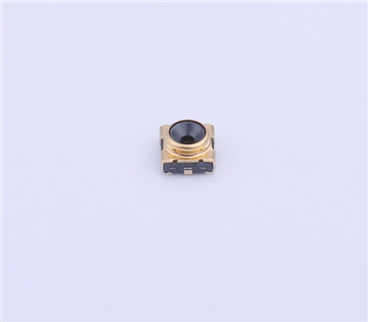
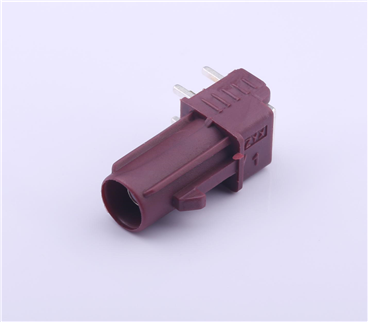
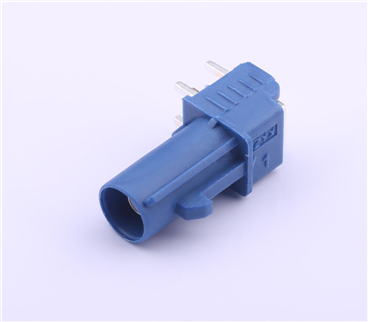
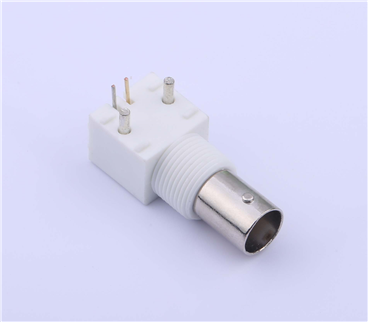
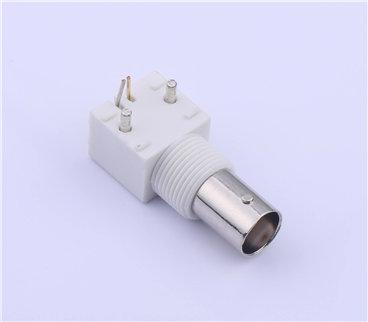
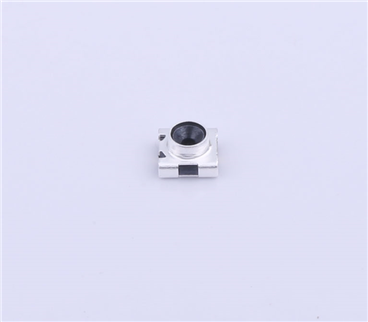
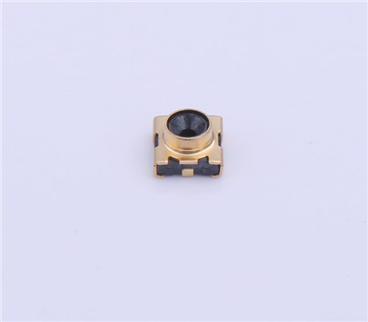
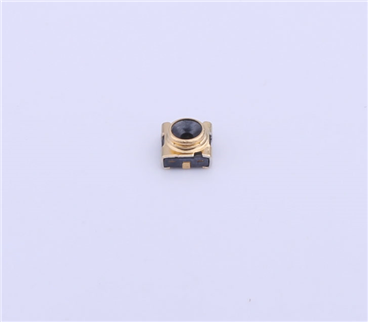
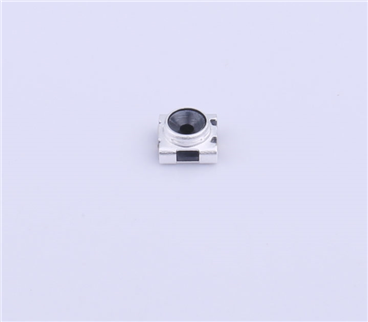
Copyright © Shenzhen Kinghelm Electronics Co., Ltd. all rights reservedYue ICP Bei No. 17113853
